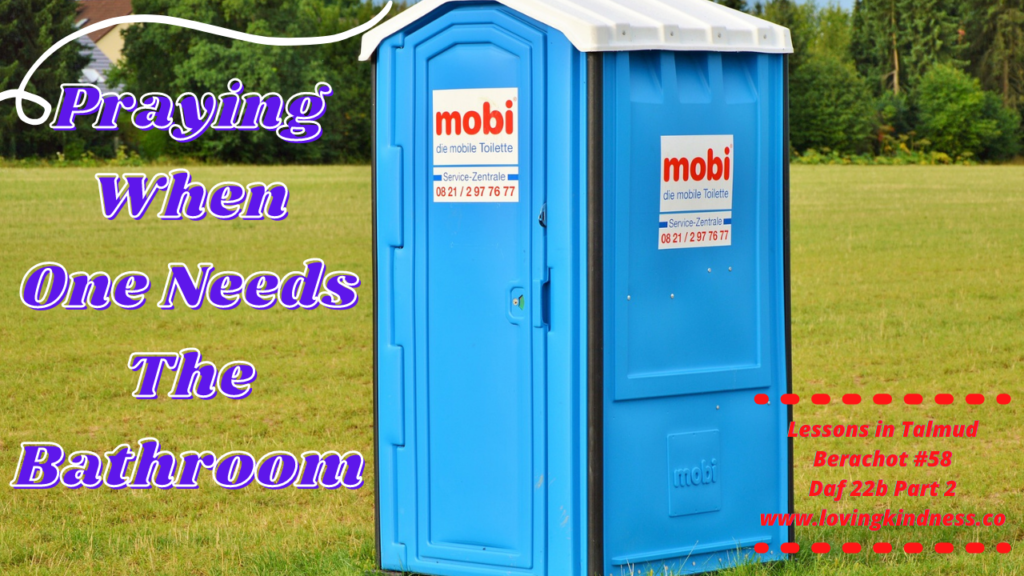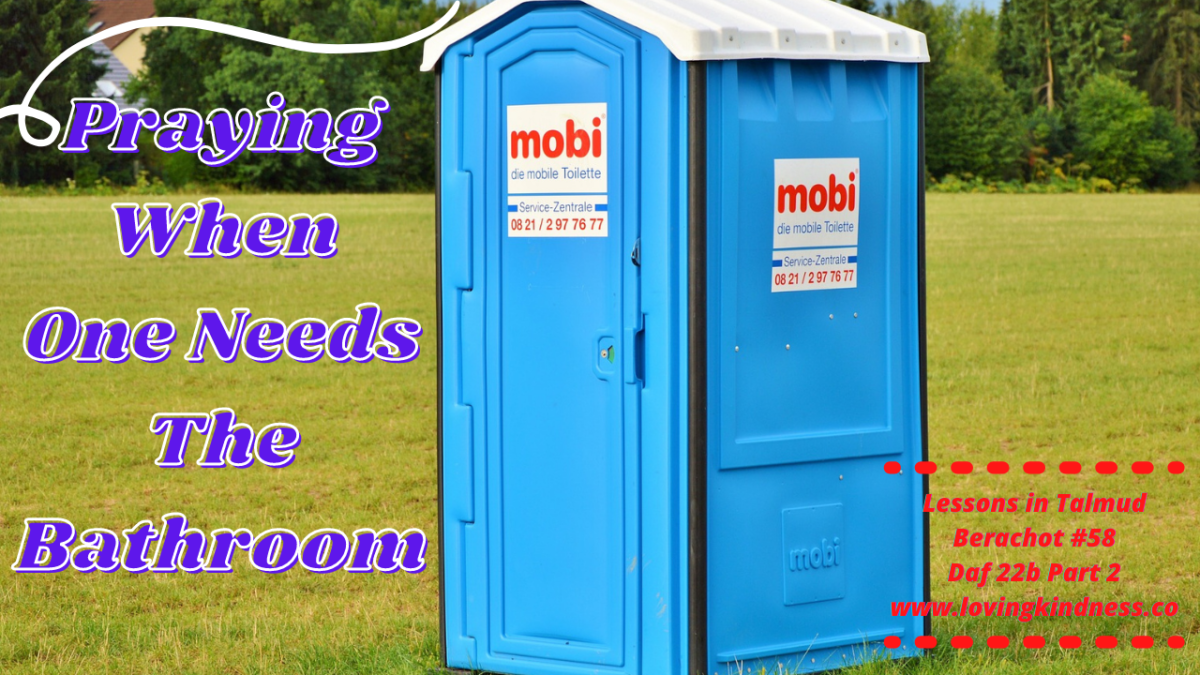
In our lesson in Gemara – Tractate Brachot today, we continue our lesson discussing the topic of the Baal Keri – a man who has had a seminal emission and who is now prohibited from studying Torah until he immerses in a Mikvah.
The Gemara brings up the question as to whether Ezra – who instituted the enactment to immerse in a Mikvah if one is a Baal Keri – if he had indeed instituted that one may also use 9 Kabin of water – as discussed in our previous lesson.
The Gemara speaks about the idea that it could be that the 9 Kabin work fine for one who wishes to learn on his own. However, if he wants to teach others, he must immerse in a proper Mikvah that is built in the ground.
Thereafter, the Gemara continues its back and forth discussion regarding various understandings of the 9 Kabin, the 40 Seah, and the different ways a Mikvah could be constructed and whether they would work – whether for the Baal Keri being able to learn on his own, or whether for teaching others.
The Gemara narrates a story about some of the Sages who were speaking about leading the Bentching (the Grace after Meals) and who would be best suited to lead based upon their level of ritual purity.
Shortly thereafter, the Gemara continues with a new Mishnah.
One who is praying and remembers he is a Baal Keri should not stop his prayer, rather he should just shorten it.
If one had immersed in a Mikvah and the time for the Shema arrives, the Mishnah tells us that it depends whether he can exit the Mikvah and cover himself, and still recite the Shema before Netz HaChamah (sunrise). If cannot, he should recite the Shema inside the Mikvah. The Mikvah should not be dirty, yet it must be a little murky so that he does not see his own nakedness.
The Gemara begins the discussions regarding this Mishnah.
The Gemara continues with the topic of finding feces at the time of praying and whether or not one’s prayer would be considered valid if one had prayed in a place of dirt such as this. On the other hand, if one already knows about the dirt, the Gemara tells us what one should do in order to avoid praying in such a place.
Bottom line: Is one’s prayer considered a prayer if one prayed in such a place? Should one repeat their prayer?
What should one do is during prayer one begins to urinate? This can be a serious issue for many people who may be incontinent (God forbid). Under such circumstances, may one pray, and if so, how should one pray if one begins to urinate during prayer?
What about a person who needs the bathroom and it is the time to prayer? May one prayer? If not, what is the measurement to know whether one should be careful not to pray if one feels the need to attend to one’s bodily needs?


